The Cancer Inequalities Factsheets provide a unique view on specific cancer-related inequalities in the European Union.
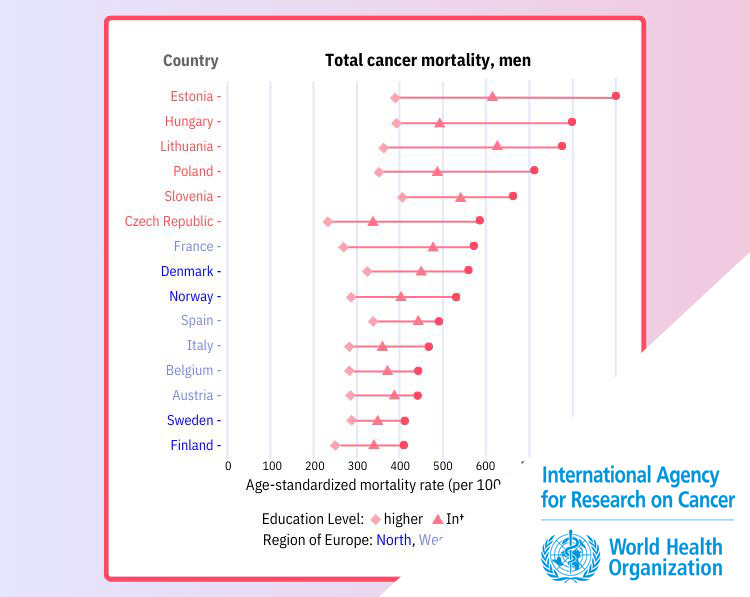
Socioeconomic inequalities in cancer mortality
The role of socioeconomic factors is key to explain the distribution of cancer in Europe. Major socioeconomic inequalities in cancer mortality are observed between - and within - European countries, for most cancer types. Quantifying, monitoring and reducing socioeconomic inequalities in cancer is crucial to reduce the burden of cancer as a whole.
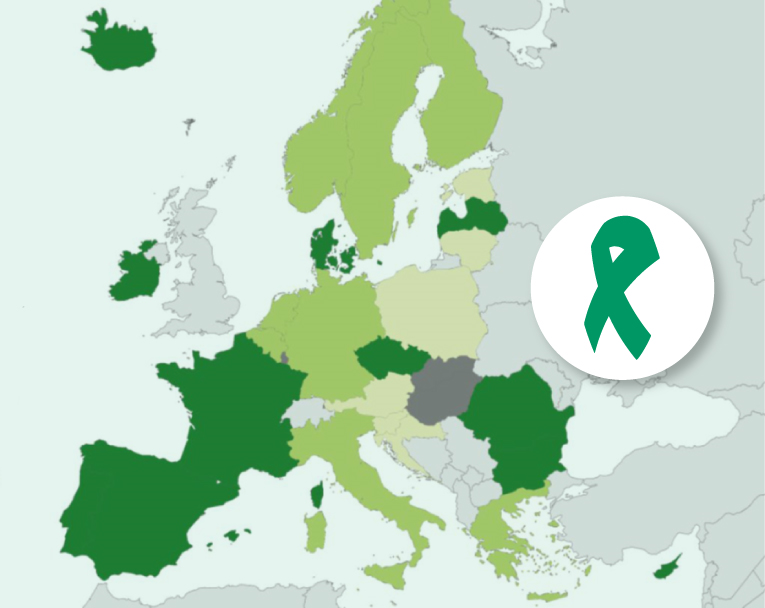
Liver cancer inequalities in Europe and the role of viral hepatitis
Liver cancer is a highly fatal cancer with a 5-year survival rate in over 65's of less than 10 per cent. Hepatitis B and C infections are established risk factors for liver cancer. Hepatitis B vaccination, screening for hepatitis B and C infection, together with access to treatment measures, would reduce liver cancer incidence. However, in Europe inequalities exist in the provision of preventive and treatment measures.
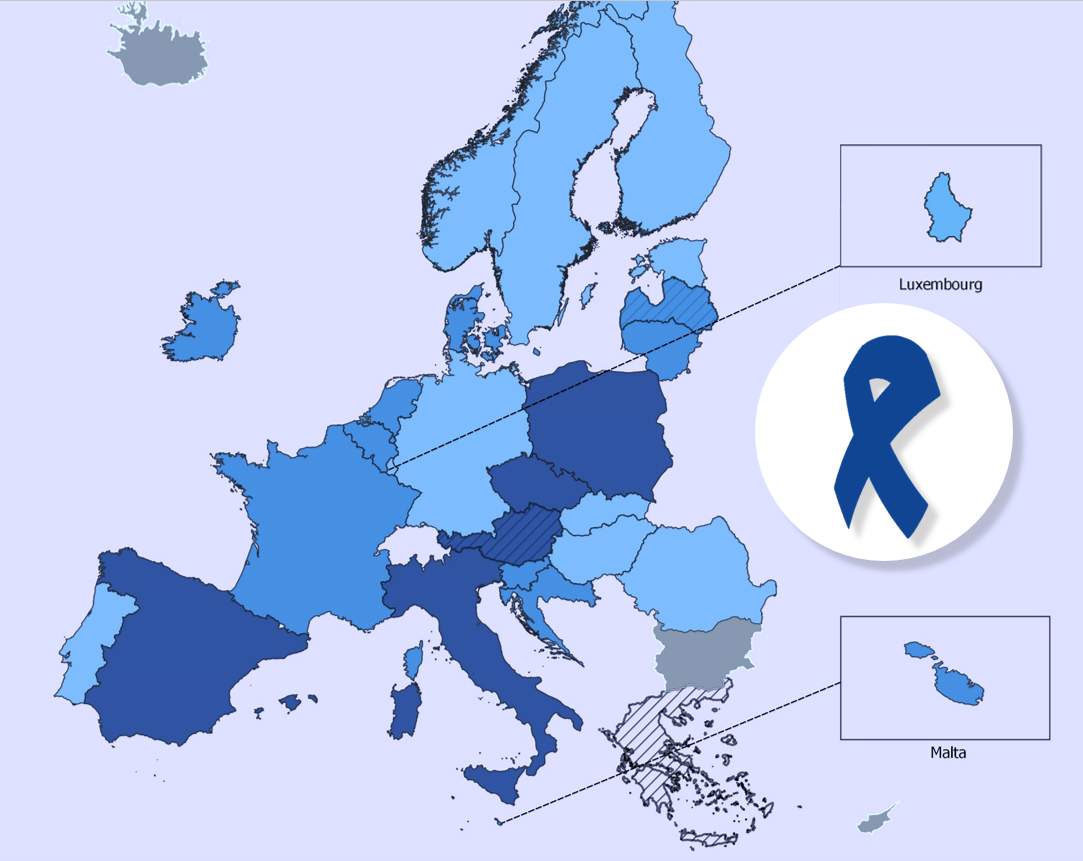
Uncovering inequalities: Colorectal cancer screening in Europe
Evidence shows that systematic screening of eligible men and women through quality-assured population-based programmes could reduce the incidence and mortality from colorectal cancer. However, inequalities in screening remain a challenge across EU countries and population groups. The European Commission is driving a number of policy actions and projects with the aim of improving access to screening programmes across Europe and helping to close the gap.
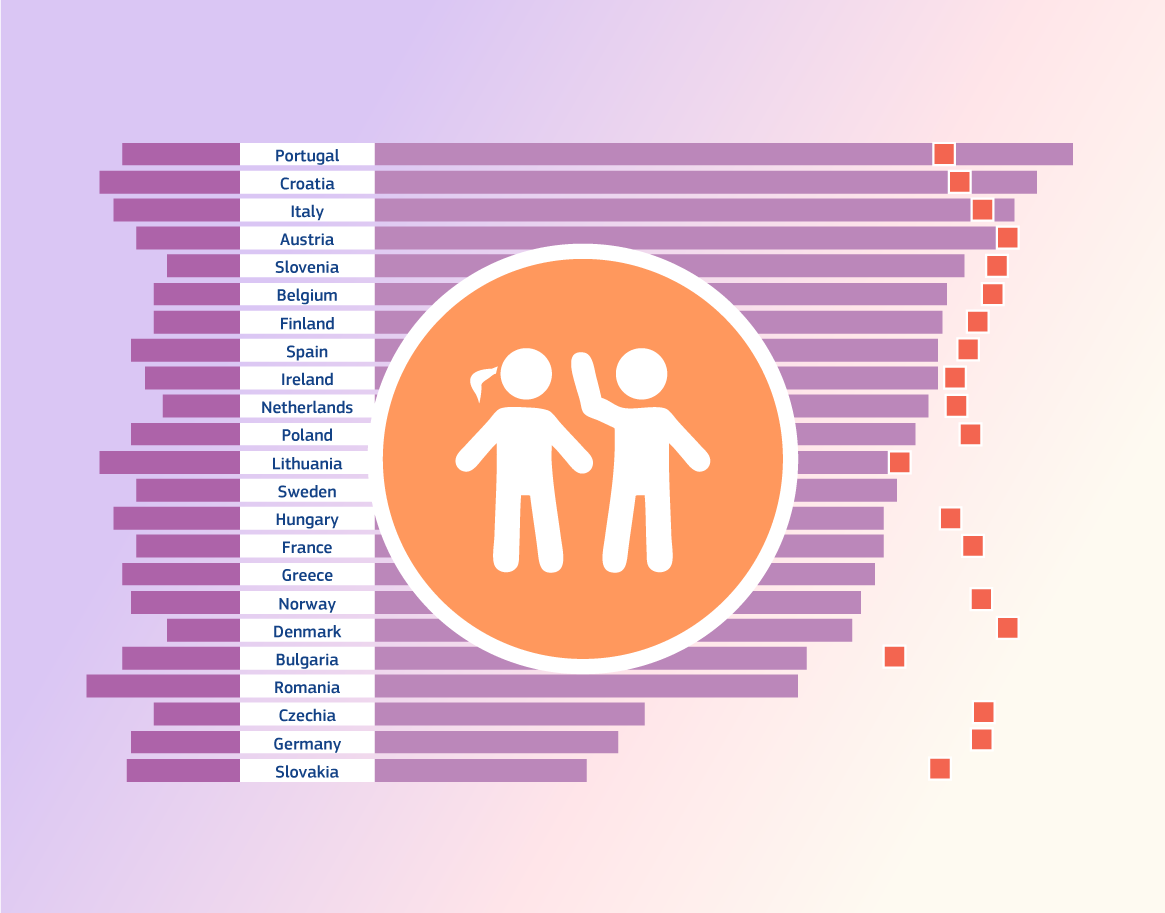
Childhood cancers – Every child and adolescent deserves an equal chance
Childhood cancers are rare but represent the primary cause of death from diseases in children and adolescents. We need to act to reduce suffering and lifetime consequences caused by this disease in this vulnerable population. Inequalities we observe in childhood cancer burden, and availability of treatment options between and within countries, indicate that things can be improved.
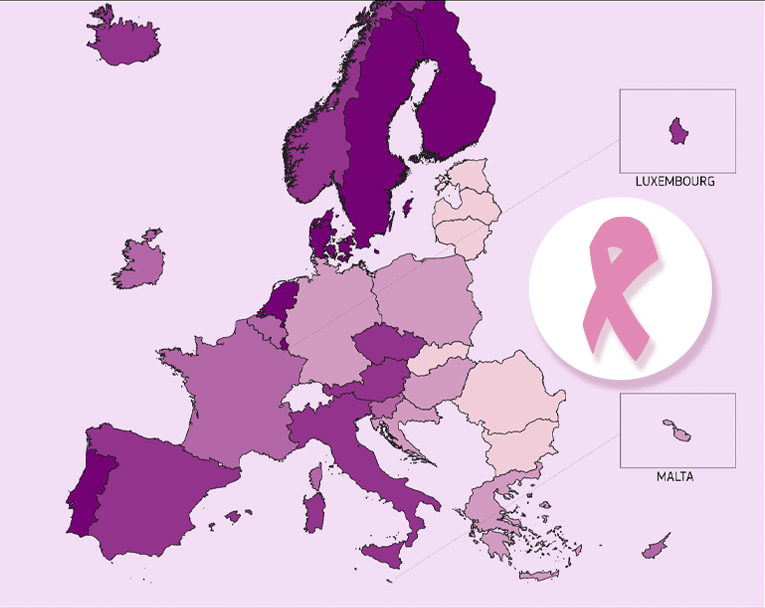
Uncovering inequalities: Breast cancer screening in Europe
Breast cancer screening can save lives, yet screening inequalities still remain among EU countries and population groups. The European Commission provides evidence-based advice on breast cancer screening and diagnosis, and helps to ensure equal access to cancer screening across Europe.
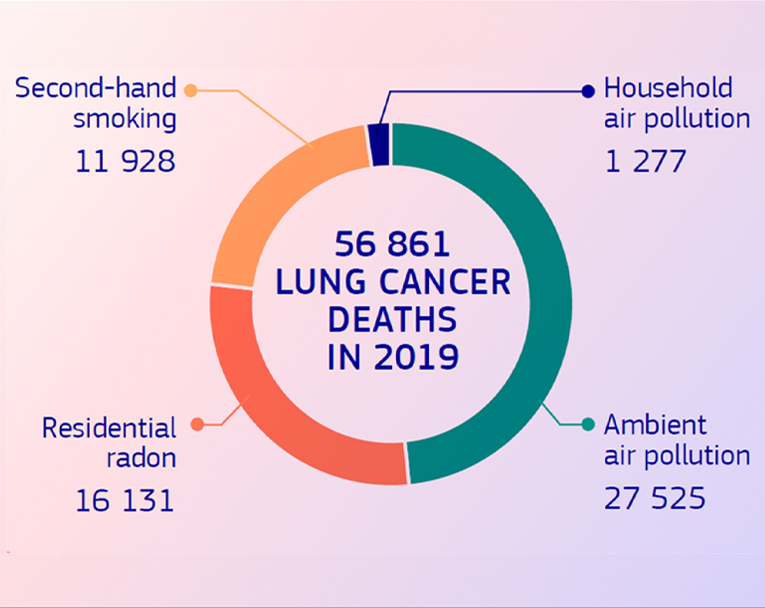
Effect of environmental factors on cancer in Europe
The contribution of known environmental carcinogens to lung cancer deaths varies greatly between EU countries. Ambient air pollution is the major risk factor contributing to lung cancer deaths; over 97% of the EU urban population lives in areas that exceed the WHO recommended level for air pollution.
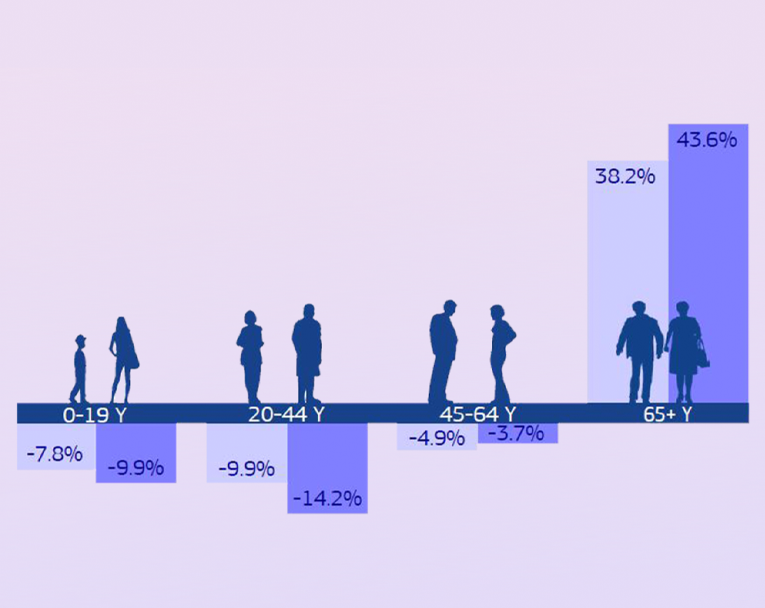
Cancer in 2040: Estimates for an ageing Europe
Only accounting for demographic effects, the European cancer burden is expected to increase by about 38 % in terms of new cancer cases and 44 % of cancer deaths by 2040.
(Note: The factsheet presents 2040 estimates calculated using cancer burden estimates for 2020, which were now replaced with more recent estimates on the source.)
